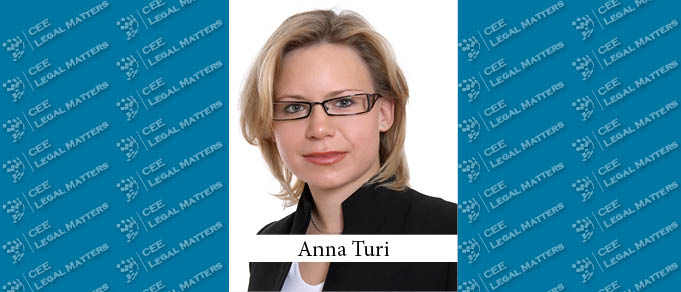The Hungarian Competition Authority (HCA) published its draft report of an accelerated sector inquiry on the Hungarian brick market. The interested and affected parties have only 8 days to submit comments to the authority's draft report. As a main finding, the HCA has not found reasons to conduct an antitrust proceeding on the relevant market. It has, however, made recommendations for consumers and also for the government.
New powers of the HCA
The HCA has made use of its recently increased powers (conferred upon it by a government decree issued in July 2021) and initiated an accelerated sector inquiry in order to investigate in more detail the Hungarian brick market.
An accelerated proceeding differs from a normal sectoral inquiry in several aspects: as an additional condition, it can be initiated if a fast intervention is justified. The HCA must prepare its draft report within one month, whereas a normal sectoral inquiry can last even longer than a year. Moreover, the HCA can even conduct dawn raids on the relevant market players to collect evidence. Market players may comment on the draft report within 8 days instead of the normally available 30 days. The right to access to file is also limited to after the investigation.
Otherwise the goal of an accelerated sectoral inquiry is the same as that of a normal sectoral inquiry: to uncover and analyse market trends if price movements or other circumstances on the markets indicate that competition could be distorted on a specific market. Other than through dawn raids, the HCA has issued data requests and approached several market players in and outside Hungary, including manufacturers and distributors, including procurement groups and building yards ("tüzép"), to collect information and data for its findings.
The HCA will analyse the received comments and publish the final report on its website, along with a summary of the comments, as well as the individual comments of the market players, with their consent.
The HCA’s findings
The HCA has not found sufficient evidence to support the initiation of a competition supervisory proceeding, which basically means that it has not uncovered evidence which would indicate the existence of a (price) cartel or an abuse of dominance. As a result, there were other reasons behind the price increases (the extent of which was in fact smaller than on other markets in the building material sector).
The sector inquiry has uncovered significant differences between the prices of these building materials based on where exactly they are purchased. The natural recommendation in this respect is that builders and consumers should not request or rely on only one offer but should request more offers from different distributors to find a more favourable price.
One of the reasons for the price increase was that certain manufacturers decreased their production due to the uncertainties caused by the Covid-pandemic, which, due to the increased demand, has led to temporary shortages. However, it has mostly been remedied by now.
Higher transport, packaging and logistics costs also contribute to a price increase on the brick market.
Distributors, especially building yards were also investigated and it was found that they receive large volume discounts from specific manufacturers, which results in them focusing on a few suppliers, strengthening their market position. However, this is balanced by the lower prices they can offer to buyers as a result. Furthermore, procurement groups, especially those which are made up of smaller distributors, are recommended to enhance the larger manufacturers' significant negotiation power.
The HCA has made recommendations also for the state, namely that competition between the manufacturers could be enhanced by state measures to support an increase of domestic manufacture, as there are free capacities for this.
The outlook
The HCA has signalled that it will conduct further sectoral inquiries in the Hungarian building sector, as part of the systematic investigation of price increases in the building sector.
Companies, including non-Hungarian ones should be on a watch-out for this, as a reply to request for information is mandatory, and a failure to provide answers (on time) can result in significant procedural fines on the undertakings. Commenting on the draft report itself is optional, but market players should pay attention not to miss the short 8-day-deadline for such comments.
Furthermore, as the building sector is under high scrutiny, the HCA can initiate an antitrust proceeding with or without a sector inquiry, as it has done so this year, for instance in case of the cement and the gravel market (where it conducts a proceeding based on a potential abuse of dominance). HCA has also indicated that it will continue to investigate further market signals and complaints submitted to it.
By Anna Turi, Head of Competition, Schoenherr




